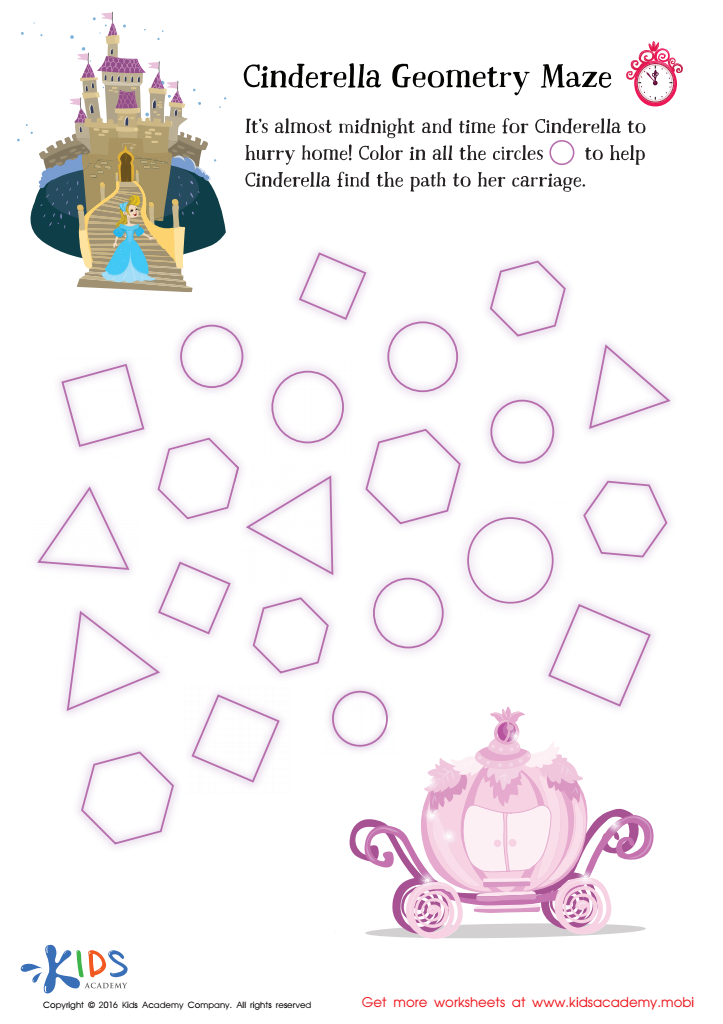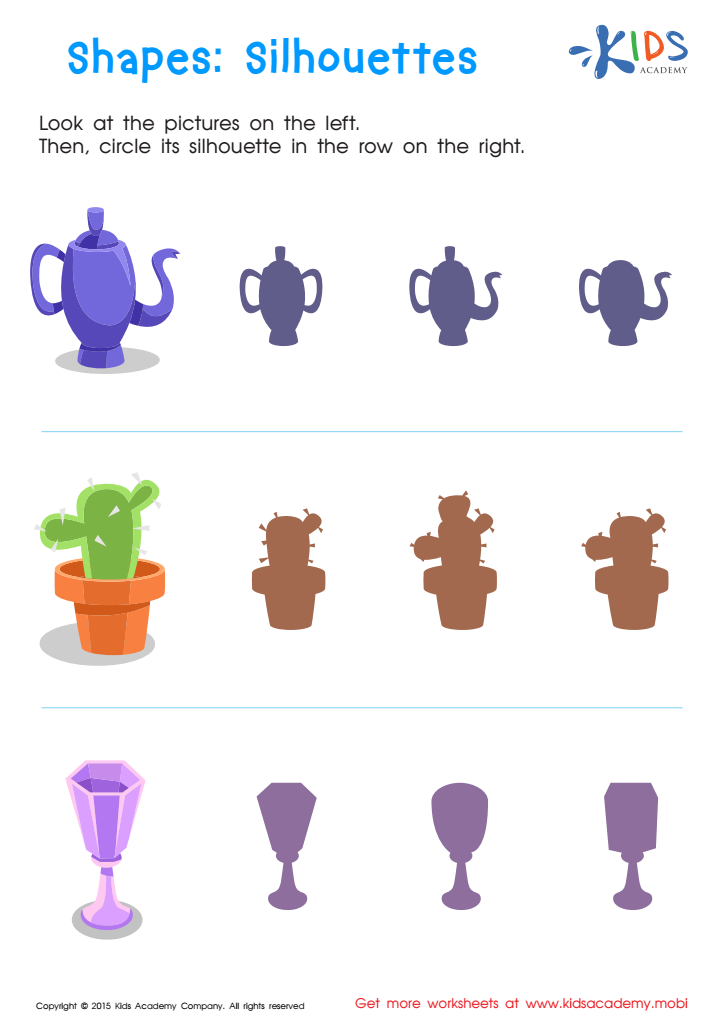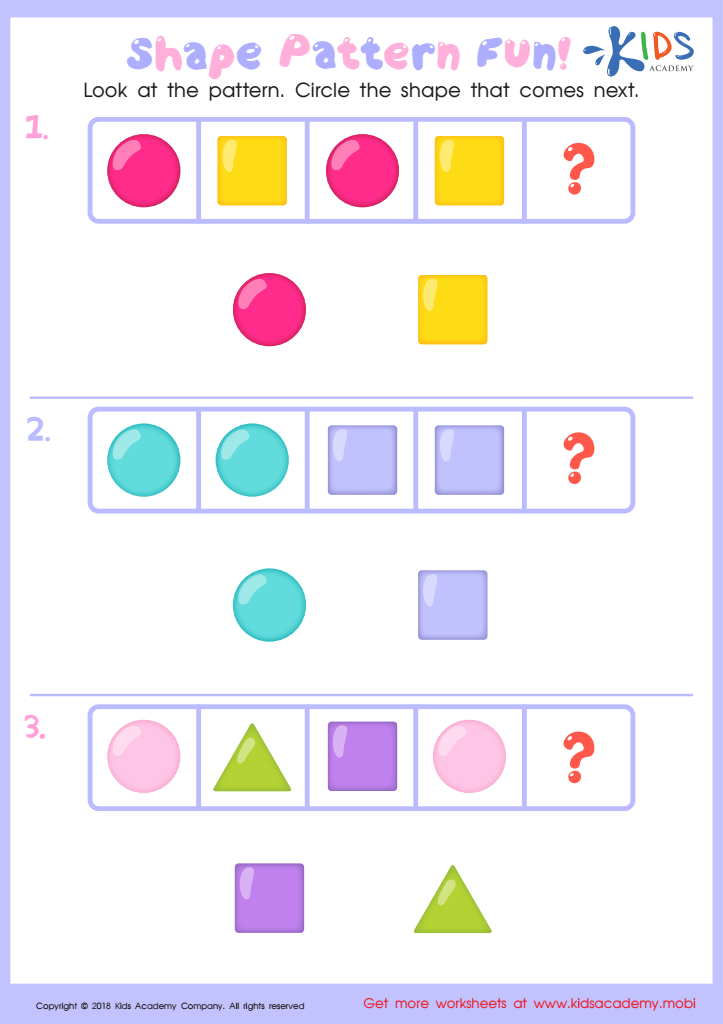Problem-Solving Skills Normal Matching Worksheets for Ages 3-9
5 filtered results
-
From - To
Enhance your child’s cognitive development with our Problem-Solving Skills Normal Matching Worksheets for Ages 3-9. Designed to cultivate critical thinking and logical reasoning, these worksheets incorporate fun and engaging matching exercises tailored to different age groups. Each activity focuses on recognizing patterns, identifying relationships, and enhancing decision-making skills, essential for early learning milestones. Kids will delight in the colorful and interactive tasks that encourage them to match shapes, objects, and numbers, fostering a love for learning. Visit our website to unlock a treasure trove of resources that make problem-solving both educational and enjoyable for your young learner!


Make the Same Pattern Worksheet


Cinderella Geometry Maze Worksheet


Logic Game Sorting Worksheet


Silhouettes – Shapes Worksheet


Shape Pattern Fun Worksheet
Parents and teachers should care deeply about developing problem-solving skills in children aged 3-9 because these foundational abilities form a critical pathway for lifelong learning and emotional resilience. At this early age, children are naturally curious, and by engaging them in problem-solving activities, we foster critical thinking, creativity, and the ability to navigate challenges independently. This not only enhances their cognitive development but also boosts self-esteem as they recognize their growing competency to tackle and overcome obstacles.
Problem-solving exercises are integral to building social skills. Through cooperative play and group tasks, children learn to communicate effectively, negotiate with peers, and develop empathy by seeing situations from different perspectives. These social competencies are essential for forming healthy relationships and collaborating within a community.
Moreover, honing these skills helps in emotional regulation. Children learn to manage frustration and develop patience and perseverance. This emotional intelligence equips them to cope better with future stress and setbacks, fostering a growth mindset that values effort and learning from mistakes.
In sum, prioritizing problem-solving skills in early childhood sets the stage for academic success, social harmony, and personal well-being, making it a vital aspect of educational and parenting philosophies.
 Assign to My Students
Assign to My Students















